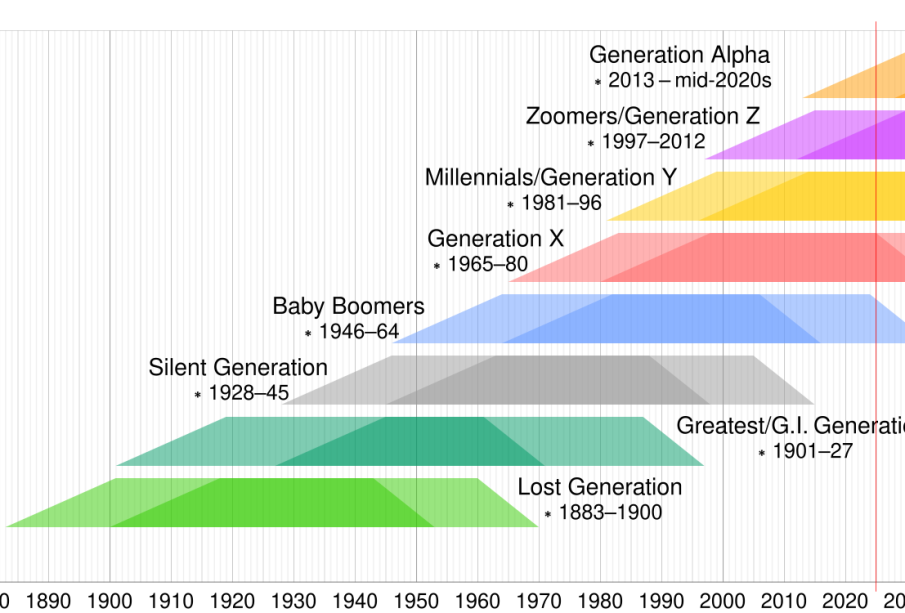The Rise of Generation Z: Characteristics and Impact

Introduction
As the newest generation to come of age, Generation Z, commonly referred to as Gen Z, significantly influences social, cultural, and economic landscapes. Born approximately between 1997 and 2012, this cohort represents a diverse mix of individuals raised in a world heavily shaped by technology and social media. Understanding Gen Z is essential for businesses, educators, and policymakers as their unique characteristics and values emerge.
Characteristics of Gen Z
Gen Z is marked by their tech-savviness; they are digital natives who have grown up with smartphones and social media as integral parts of their lives. According to a report by Pew Research Center, around 95% of teenagers have access to a smartphone, and more than 45% are online almost constantly. This access has shaped their social behaviours, with platforms like TikTok, Instagram, and Snapchat serving as primary communication and expression tools.
Moreover, Gen Z is known for its progressive values. They tend to advocate for social causes such as climate change, racial equality, and mental health awareness. Surveys have shown that 70% of Gen Z members actively seek employment with companies that align with their values, pushing businesses towards more responsible practices.
Current Trends
In the economic realm, Gen Z is known for its frugality, influenced by witnessing the impacts of economic downturns during their formative years. As a result, they are more likely to save money and show preference for brands that offer value and quality. The rise of the gig economy has also been notable for this generation, with many opting for flexibility and independence in their work choices, often prioritising side hustles alongside traditional jobs.
Another integral aspect of Gen Z is their emphasis on mental health. A significant portion of this generation has reported feeling anxious and stressed, exacerbated by the pressures of social media and societal expectations. This awareness has led to an increase in discussions surrounding mental health and wellbeing, prompting schools and workplaces to implement better mental health resources.
Conclusion
As Generation Z continues to mature, their influence on society will only grow. Their preferences shape market trends, workplace environments, and societal values, demonstrating a demand for accountability and authenticity. For businesses and institutions, understanding and adapting to the unique needs of Gen Z is crucial for future success. As they increasingly enter the workforce and consumer markets, their impact will redefine how we communicate, work, and understand social issues, paving the way for an increasingly interconnected and socially-conscious world.








